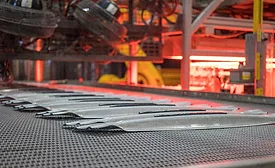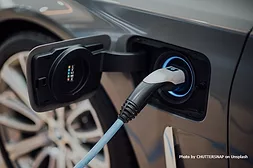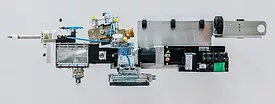Home » Keywords: » adhesives in automotive
Items Tagged with 'adhesives in automotive'
ARTICLES
Pressure-Sensitive Adhesives Enable the Next Wave of High-Tech Manufacturing
Driven by innovation, pressure-sensitive adhesives (PSAs) are evolving rapidly.
November 24, 2025
Keep the info flowing with our newsletters!
Get the latest industry updates tailored your way.
JOIN TODAY!Copyright ©2026. All Rights Reserved BNP Media.
Design, CMS, Hosting & Web Development :: ePublishing

.webp?height=168&t=1704834340&width=275)

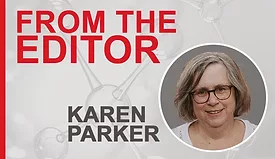

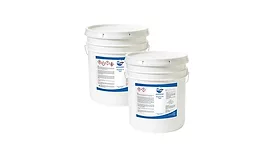
.webp?height=168&t=1676382930&width=275)
